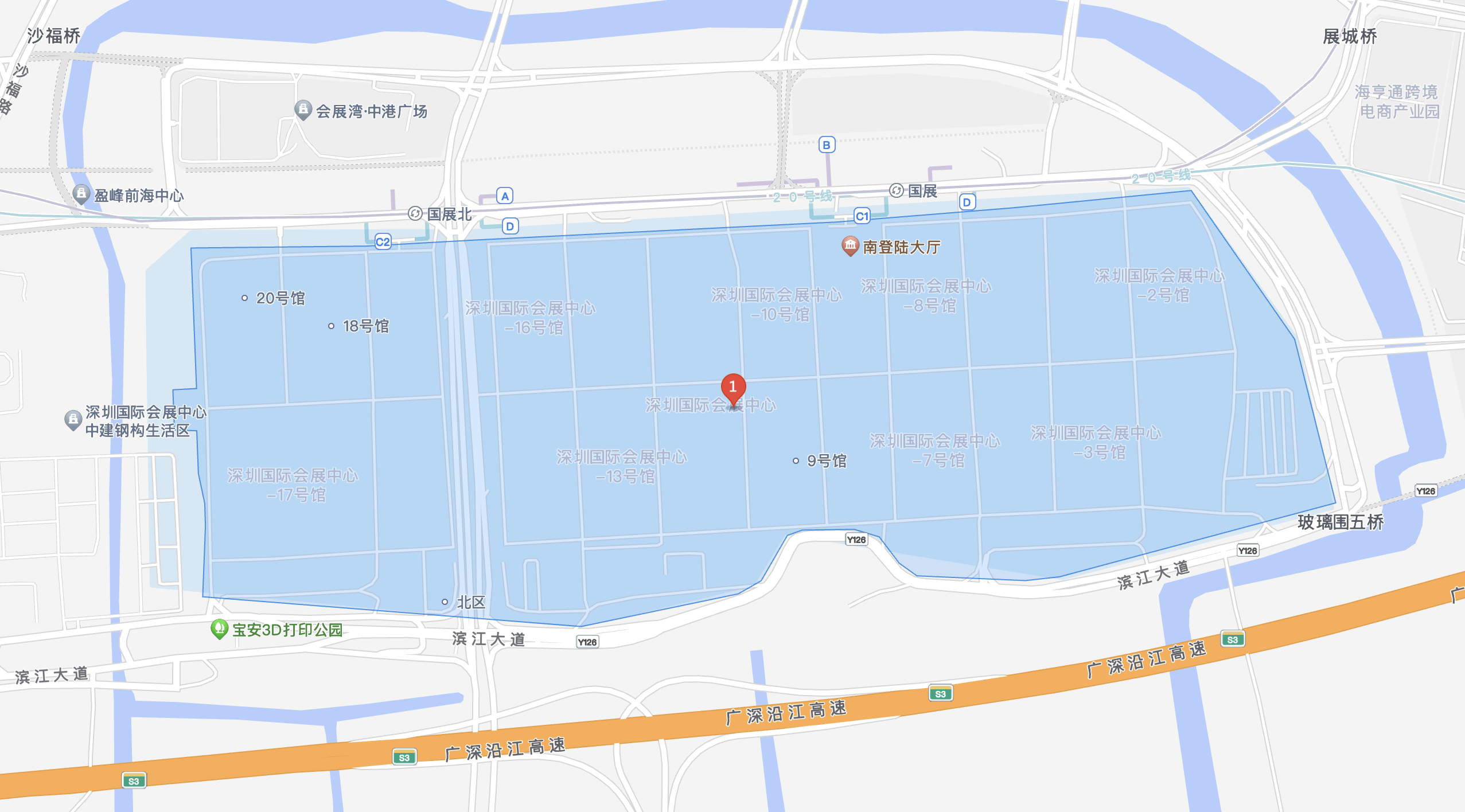In many cities, electric vehicles have become an important means of transportation for many citizens to travel on a daily basis due to their convenience and flexibility. However, some electric vehicle drivers try to cover their license plates in order to avoid penalties for traffic violations. Recently, a netizen posted on social software, saying that he was still monitored for electric vehicle violations even though he covered his license plate number, wore a mask, and installed a canopy. It is difficult to understand that technology is so advanced now, and behind this, RFID (radio frequency identification) technology plays a vital role.
RFID technology is a contactless automatic identification technology that uses radio waves to identify objects and exchange data. In the management of electric vehicles in many cities, each legally registered electric vehicle is equipped with a unique RFID tag. This tag is like the "electronic ID card" of the vehicle, containing key information of the vehicle, such as the license plate number, the owner's identity, etc.
When the electric vehicle is driving on the road, the RFID readers distributed in various key locations in the city will automatically capture and read the information of these tags. Even if the license plate is blocked, the reader can still accurately obtain the vehicle's identification information and transmit it to the traffic management system.
The advantage of RFID technology lies in its efficient, accurate and reliable recognition capabilities. Unlike the traditional method of relying on cameras to capture license plate numbers, RFID technology is not affected by light, angles and obstructions. Whether the license plate is deliberately obscured or partially covered for other reasons, the RFID reader can quickly and accurately read the vehicle's identification information.
In addition, RFID technology can also achieve real-time monitoring and management of electric vehicles. Traffic management departments can obtain real-time information such as the driving trajectory, speed, and parking location of electric vehicles through the background system to promptly detect and deal with violations. For example, when an electric vehicle runs a red light, drives in the opposite direction, or drives in a prohibited area, the system will immediately issue an alarm and record the relevant violation information.

Traffic police departments in various places have made full use of the advantages of RFID technology to establish a complete electric vehicle management system. Through this system, the traffic police department can achieve comprehensive monitoring and management of electric vehicles throughout the city, and promptly detect and deal with violations. At the same time, the traffic police department can also understand the driving patterns and violation characteristics of electric vehicles through data analysis, and formulate more scientific and reasonable traffic management measures.
In addition to RFID technology, traffic police have also adopted other high-tech means and management measures to strengthen the management of electric vehicles. For example, artificial intelligence technology is used to analyze surveillance videos to identify violations of electric vehicles; big data technology is used to analyze electric vehicle violation data and formulate targeted management measures; road enforcement is strengthened to crack down on violations.
Through the widespread application of RFID technology, the traffic police department has achieved comprehensive monitoring and management of electric vehicles, effectively curbed the occurrence of electric vehicle violations, and ensured the safety and smoothness of road traffic. In the future, with the continuous advancement and innovation of science and technology, the traffic police department will adopt more advanced technical means and management measures to strengthen the management of electric vehicles and create a safer, more convenient and orderly travel environment for citizens.
This paper is from Ulink Media, Shenzhen, China, the organizer of IOTE EXPO (IoT Expo in China)



















